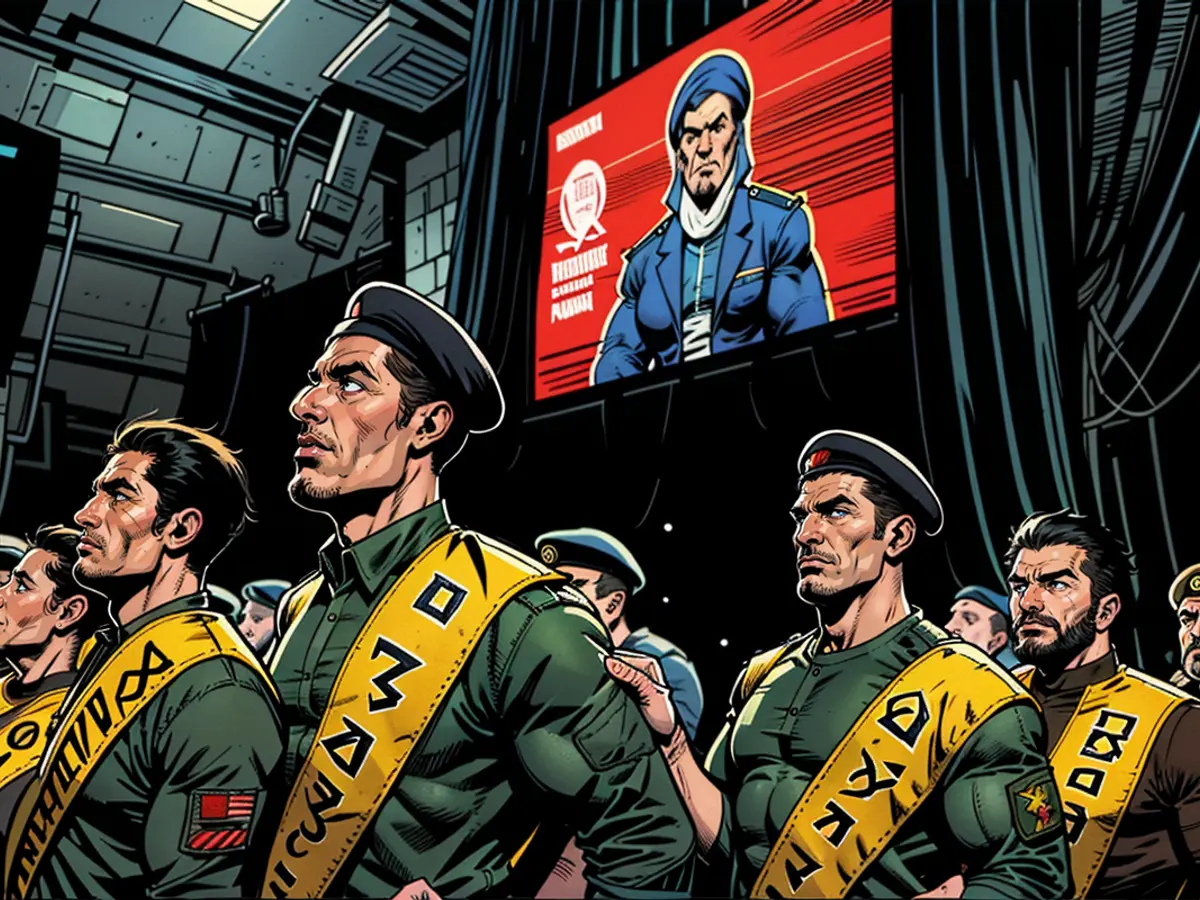Hezbollah leader Nasrallah: "Waiting for retribution is part of the punishment"
It appears to only be a matter of time before Iran and its allies carry out their threatened retaliatory strike against Israel. That it has remained quiet so far after the killings of two of Israel's opponents is, according to Hezbollah leader Hassan Nasrallah, part of the fight. In a video message to thousands of supporters in the Lebanese capital Beirut, the group's secretary-general said: "Israel's waiting is part of the retaliation and part of the fight." He emphasized: "Our retaliation will come. Nothing will stop us, regardless of the consequences." The response to the killings of a high-ranking Hezbollah commander and the Hamas external chief will be "strong and effective."
For days, a retaliatory strike by Iran and its allies against Israel has been expected. International diplomatic efforts to de-escalate the situation are in full swing. The retaliation could come along with other groups of the so-called "Axis of Resistance" or independently, Nasrallah said. He described it as a "major battle." He emphasized that after the killing of Hamas external chief Ismail Haniyeh in Tehran, Iran is committed to a response.
"The goal of the fight is to prevent Israel's victory," Nasrallah said. Hezbollah acts in solidarity with Hamas in the Gaza Strip, according to its own statements. Hezbollah has about 150,000 rockets, drones, and cruise missiles. Compared to the last open war with Israel in 2006, it has expanded its arsenal by about ten times and could hit Israel much harder.
Fear of a major war
Almost five months ago, Iran attacked Israel directly from its territory for the first time with more than 300 rockets and drones. Iran denies Israel's right to exist since the Islamic Revolution in 1979 and supports a declared "Axis of Resistance." This includes the radical Islamic Hamas in the Gaza Strip, as well as militias allied with it, such as Hezbollah in Lebanon, the Houthis in Yemen, and groups in Iraq and Syria.
Since the beginning of the war in the Gaza Strip, triggered by the unprecedented large-scale attack by Hamas on Israel's south on October 7, Hezbollah has been attacking Israel's north from Lebanon almost daily with rockets. The Israeli army responds in kind. More than 120 civilians have been killed, most of them on the Lebanese side. More than 350 Hezbollah members, as well as Israeli soldiers, have also been killed. Due to the fighting, tens of thousands of civilians on both sides of the border had to be evacuated.
The retaliation from Iran and its allies, which includes Hezbollah, is expected to be in solidarity with Hamas in the Gaza Strip due to the killing of Hamas external chief. Nasrallah, the leader of Hezbollah, emphasized that Shiite groups such as theirs will not be deterred from retaliating, regardless of the consequences.








